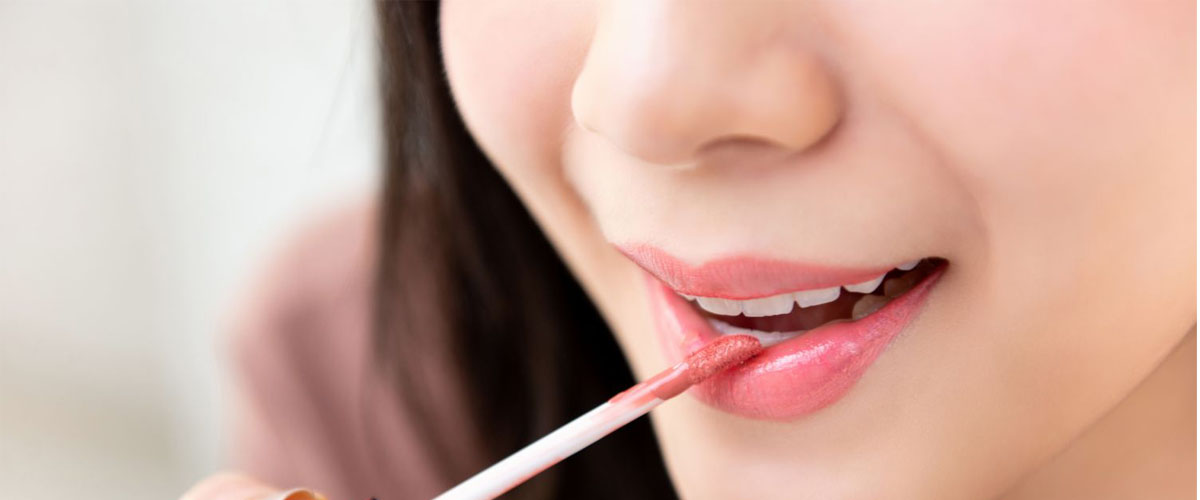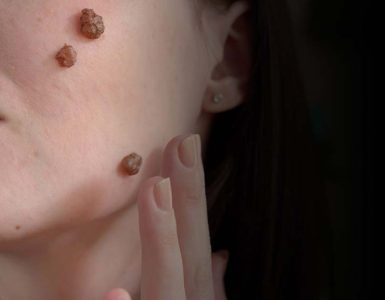PFAS (perfluoroalkyl or polyfluoroalkyl substances) previously known as “PFCs,” or perfluorochemicals, are found most often in ‘water-resistant’ liquid lipsticks, foundations mascara. Though not disclosed on labels (which makes them hard to avoid) can be detrimental to health due to their ability to stick around for years … Decades, therefore are now often referred to as ‘forever chemicals’ by scientists.
PFAS are a group of more than 9,000 man-made chemicals, rich in fluorine attached to carbon, in a strong chemical bond, that makes them hard to decompose or break down. They can potentially accumulate in the body and environment, posing a risk to both. Though spread universally throughout the environment, they have a significant impact on the health of humans and animals according to the Agency of Toxic Substance and Disease Registry.

These chemicals are found in everyday household products, and industries like aerospace, construction, electronics, and the military, etc. The PFAS can get into our bodies via products they are abundant in like, carpet, leather, clothing, packaging material, nonstick cookware, where it is used to make objects nonstick, stain-repellent, and waterproof or repellent. Another major source of PFAS is the makeup, as suggested by the study conducted in the year 2021, on 231 cosmetic products. Surprisingly, half of them had PFAS, and the products that contained the highest concentration were; foundations, mascaras, and lipsticks.
Despite the potential and still largely unknown risks posed by PFAS – in part due to the huge number of different compounds involved – many ‘forever chemicals’ are still found in common products in use today. This includes cosmetics sold in Europe and Asia, previous research has shown. The physicist Graham Peaslee from the University of Notre Dame, says that “These are products that are applied around the eyes and mouth with the potential for absorption through the skin or at the tear duct, as well as possible inhalation or ingestion. The PFAS is a persistent chemical – when it gets into the bloodstream, it stays there and accumulates.”
Waterproof mascara was the product that contained the highest levels of fluorine, with almost 82% of products tested. Similarly, face products like blush, powders, bronzers, highlighters, primers, sprays had 40% less amount of fluorine than waterproof mascara. Despite the great health risks these chemicals had to offer, the majority of cosmetic companies don’t mention their label, in flouting the FDA guidelines. Just 8% of the 231 cosmetics screened for total fluorine had any PFAS listed as ingredients, and only 3% of the 29 cosmetics in which targeted PFAS were measured had any PFAS listed as ingredients, the study suggests.
The study doesn’t identify the brand names of the products that contained detected PFAS, however, it is known that products of big cosmetic companies like MAC, L’Oréal, Lancôme, Revlon, and Estée Lauder were tested in addition to others. Some products were free samples, while others were retail products.
Further studies are needed to explore the extent of public health damage that has been done, but it isn’t bad to limit the exposure of these harmful chemicals. Though not all make-up products contain them, it is wise to improved labeling by companies and government oversight of harmful chemicals in personal products to limit the risks as the consumers have the right to know what is in the product that they purchase.
















Add comment